Seagrass’ strong potential for curbing erosion

A new study shows how seagrass can help to protect shorelines against erosion and help to mitigate damage from rising sea level, potentially providing useful guidance for seagrass restoration efforts.
Tapping fresh water under the ocean has consequences
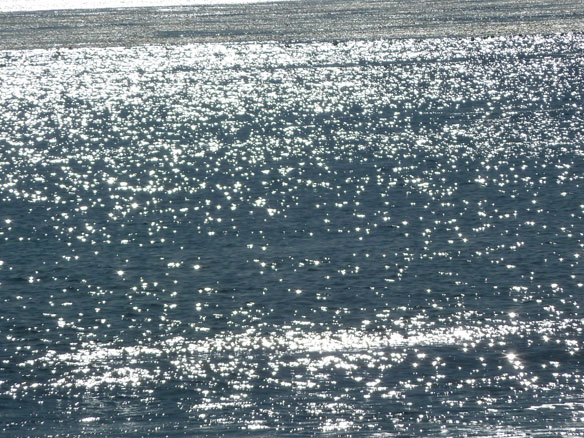
Coastal communities may consider using offshore groundwater resources as populations increase and the limited freshwater resources are degraded by overuse and pollution, but new research suggests tapping into them could lead to adverse impacts onshore.
Indonesia plans to relocate its capital from Jakarta
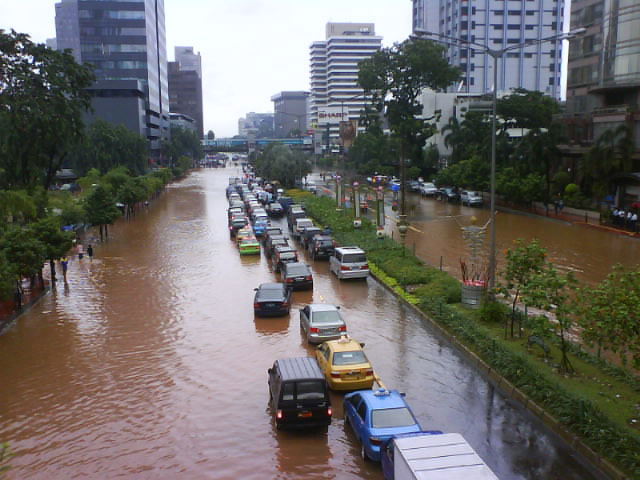
Indonesia plans to move its capital city from Jakarta, according to the country’s planning minister. Jakarta is home to more than 10 million people according to the United Nations, with an estimated 30 million in the greater metropolitan area. The nation is prone to flooding and is sinking at an alarming rate.
El Niño and our beaches; By Gary Griggs
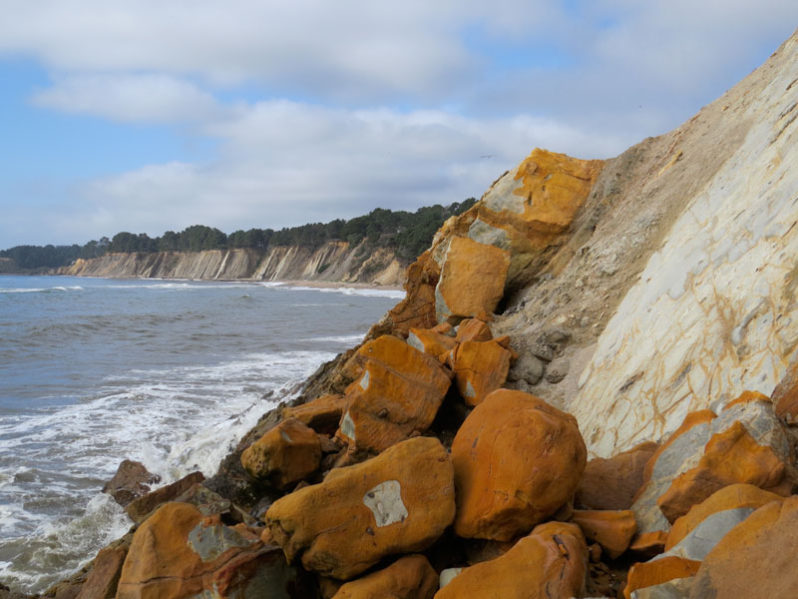
Our beaches come and go seasonally in response to changing wave conditions. The larger and more energetic winter waves stir up the beach sand and carry it offshore, eroding the shoreline back. Six months or so later, the smaller and less energetic spring and summer waves gradually move that sand back onshore, building the beach just in time for all the summer visitors.
Antarctica’s Effect on Sea Level Rise in Coming Centuries
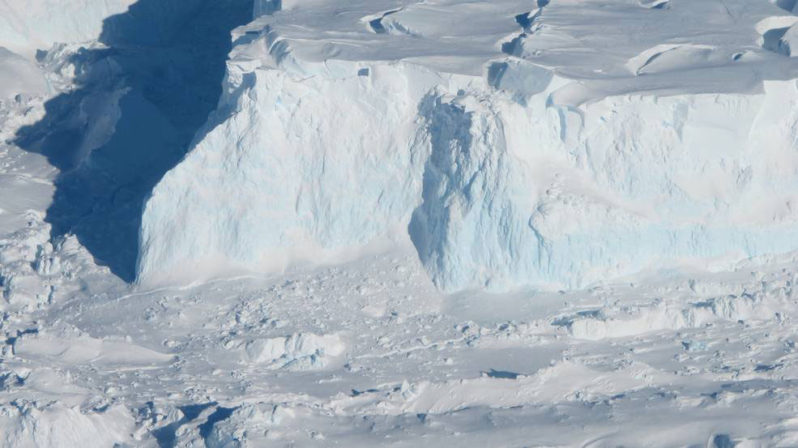
There are two primary causes of global mean sea level rise — added water from melting ice sheets and glaciers, and the expansion of sea water as it warms. The melting of Antarctica’s ice sheet is currently responsible for 20-25% of global sea level rise.
South Florida beach town getting emergency sand infusion
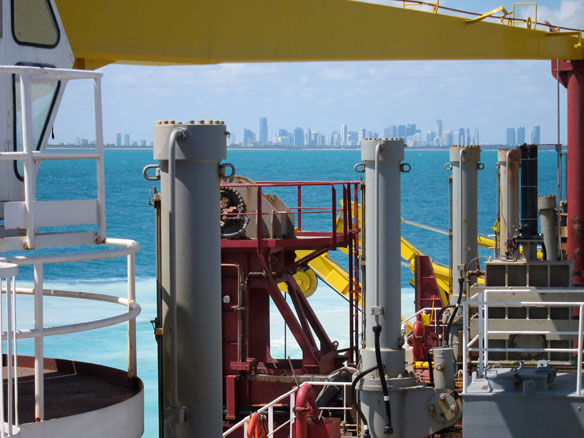
Sand-starved Dania Beach is getting an emergency infusion of that gritty stuff that gets washed away every year. Sand by the truckload is being brought in and deposited on the northern half of the beach near the pier.
The most effective ways to curb climate change might surprise you
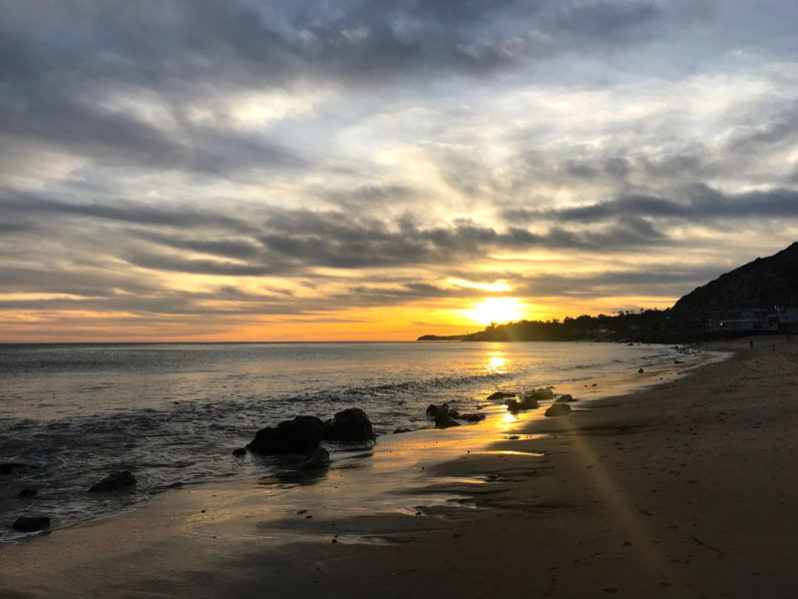
To reduce our impact on the climate and avert disaster, it’s going to take more than switching to high-efficiency light bulbs. But the most effective ways that individuals, policymakers and businesses can reduce our carbon footprint might surprise you.
The Toll of Tourism: Can Southeast Asia Save Its Prized Natural Areas?
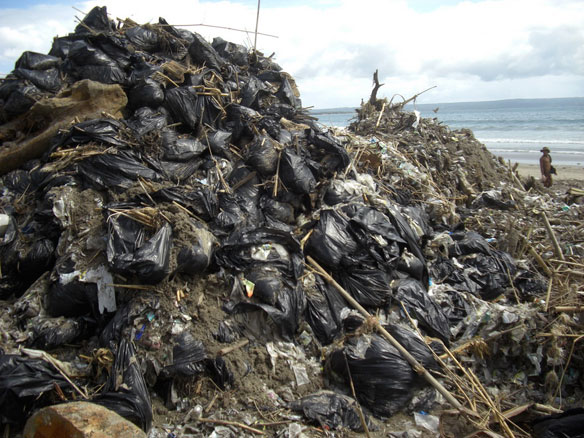
From Thailand to Bali, a huge increase in tourists, many from China and other rapidly developing economies, is straining sensitive ecosystems to the breaking point. Some countries are trying to control the boom, with a few closing popular destinations to allow damaged areas to heal.
Continuing impacts of Deepwater Horizon oil spill
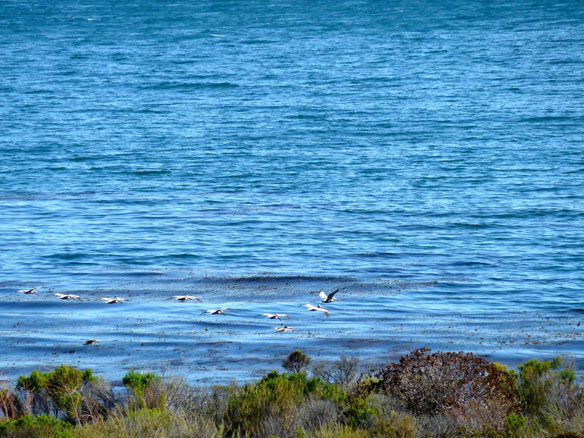
Nine years ago tomorrow, April 20, 2010, crude oil began leaking from the Deepwater Horizon drilling rig into the Gulf of Mexico in what turned out to be the largest marine oil spill in history. A long-term study suggests the oil is still affecting the salt marshes of the Gulf Coast.
